The Open Philanthropy Project spoke with Dr. James and Dr. Tountas of the FNIH as part of a follow-up on our 2016 grant to support an FNIH-facilitated working group to develop recommendations specific to testing mosquitoes modified with gene drive technology for the purpose of reducing the burden of malaria in Africa. The conversation covered the topics that the working group’s meetings focused on, several key issues raised by the FNIH’s report, and the FNIH’s plans for translating its recommendations into policy.
